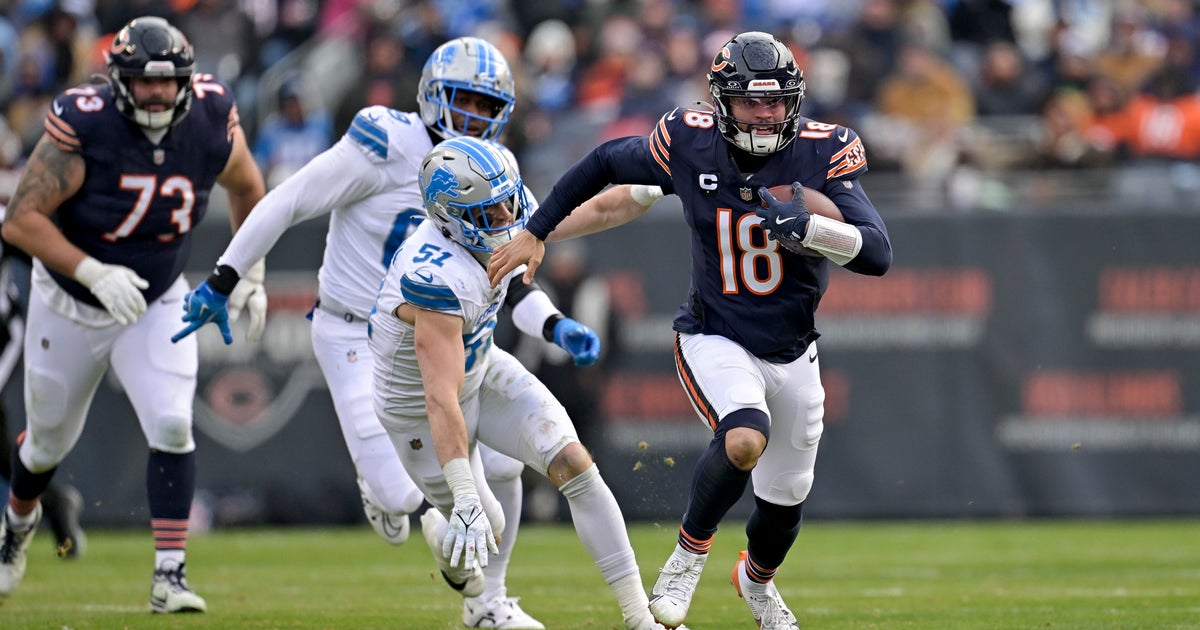Tourney Expansion 'Always On List Of Topics' For NCAA
Right now the NCAA's focus is squarely on making sure the 68-team tournament goes off without a hitch, but that doesn't they're not considering expanding the tournament once again.
The NCAA announced last April that it would add three teams to the field this season, the first expansion since the tournament went from 64 teams to 65 in 2001. The 68-team model was chosen over 96 teams, a plan that received support from many coaches and administrators.
NCAA vice president Greg Shaheen told The Associated Press on Tuesday that there has been no more discussion about expansion, but conceded that "it's always on the list of topics."
"We're always going to be looking at what's the best way to contest the championship," Shaheen said. "Sixty-eight is certainly a start, and where it goes from here is anyone's guess."
The tournament begins March 15-16 with a pair of doubleheaders in Dayton, Ohio. Two games will match the lowest seeds, Nos. 65 through 68, with the winners advancing as No. 16 seeds to play a top seed. The other two games will match the last four of the 37 at-large qualifiers.
Besides carving out three additional spots for at-large teams, Shaheen said one of the objectives of the "First Four" model was to build tension early in the tournament. Bubble teams from major conferences, such as Michigan State and Boston College, could find themselves playing mid-majors like Missouri State for the chance to make the traditional 64-team bracket.
"When you're hearing a discussion about bubble teams, you're hearing a discussion about the 'First Four,'" Shaheen said. "When you're talking about who gets in, who gets out, that's who you're talking about, and that's part of the reason we did it."
Any future changes to the format would need to be worked out with television partners CBS Sports and Turner Broadcasting, which joined on a 14-year, $10.8 billion deal that ensures every game will be televised on CBS, TBS, TNT or truTV starting this year.
Several personalities helping to call the action, including former NBA stars Charles Barkley and Greg Anthony, were overwhelmingly supportive of tournament expansion.
"Ultimately you're going to see this thing go to 96, and the reason is because there's more parity," said Anthony, the former UNLV star who will provide in-studio analysis for CBS.
"I think you're expanding because you have far more competitive teams than you used to have," Anthony said. "When I was in school, we'd never lose to Montana or BYU or San Diego State, but these teams now, not only are they winning, they're highly regarded."
Barkley said expansion would allow more small schools to stand in the spotlight.
He brought up Coastal Carolina, which went 28-5 and dominated the Big South this year. The Chanticleers lost their conference title game - and the automatic bid that goes with it - and now find themselves hoping they're picked over more well-known schools such as Marquette.
"They always give the benefit of the doubt to these big schools," Barkley said of the NCAA tournament selection committee. "Instead of Coastal Carolina, they're going to put some of these mediocre Big East schools in there."
Television analyst Kenny Smith, who spent a decade in the NBA after starring at North Carolina, acknowledged there is no perfect tournament model. But he also believes that the 68-team model and its four early games will create more drama during the opening week.
"Anything that's a voting system, an All-Star game, a tournament, there's always going to be that school that's next closest to getting in," Smith said. "But this makes it a better story because now you have to validate yourself."
Copyright 2010 by STATS LLC and The Associated Press. STATS LLC and The Associated Press contributed to this article. Any commercial use or distribution without the express written consent of STATS LLC and The Associated Press is strictly prohibited.



